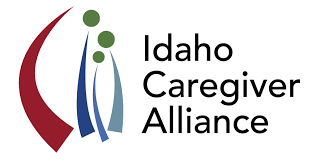![]() COVID-19 scams have been trending across the country. Please share these potential scams from The U.S. Attorney’s Office and the Nevada Attorney General’s Office with anyone you feel might be at risk.
COVID-19 scams have been trending across the country. Please share these potential scams from The U.S. Attorney’s Office and the Nevada Attorney General’s Office with anyone you feel might be at risk.
- Diagnosis Testing Scams: Scammers offer fake COVID-19 testing kits, particularly door-to-door.
- Treatment/Cure Scams: Scammers offer fake or unproven treatment regimens that are particularly dangerous because they have the potential to do more harm than good.
- Charity Scams: Virtually every time there is a disaster or emergency, scammers set up fake charities to solicit donations that they then spend on themselves.
- Overinflated prices: The Task Force will use every tool available to hold sellers accountable who unlawfully use the COVID-19 pandemic to unreasonably inflate prices.
- Investment Scams: Scammers make false claims about tests, cures and other matters related to COVID-19 in order to entice victims to make investment decisions based on those false claims that allow the scammer to steal money and assets from Nevadans.
- Cyber Scams: Scammers send victims emails related to COVID-19 that appear to be from the victims’ banks, health care providers, the World Health Organization, the Centers for Disease Control and Prevention (CDC), and others for the purpose of obtaining the victims’ personal identifying information and exploiting it for the scammers’ own benefit.
- App Scams: Scammers are creating and manipulating mobile apps designed to track the spread of COVID-19 to insert malware that will compromise users’ devices and personal information.
- Insurance, Workers’ Compensation and Medicaid Fraud: Businesses and government agencies are not immune to scams. They should also be vigilant to ensure scammers do not take advantage of their businesses or customers during this pandemic.
- Economic Impact Payment (Stimulus Check): Scammers pretend to be government officials offering false economic impact payments (stimulus checks) in order to obtain personal identifying information including social security and bank account numbers.
Please click the link HERE for tips to avoid falling victim to these scams.

